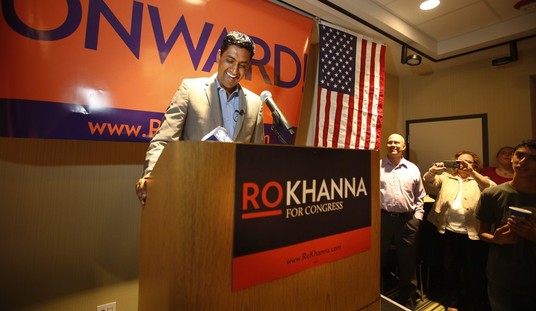Imagine this line in a German accent: “[T]he driver has to play by the German rules.” Shudder.
The online car-sharing service Uber has vowed to continue operating across Germany after its mobile app was banned by a Frankfurt regional court.
The ruling that the app violates the country’s Passenger Transportation Act applies nationwide, according to legal experts. The temporary ban remains in place until a full hearing takes place, and Uber could face a €250,000 (£198,000) fine per ride.
But Uber vowed to keep the app online regardless. “You cannot put the brakes on progress,” the company said. “Uber will continue its operations and will offer Uberpop ride-sharing services via its app throughout Germany.” It promised to appeal against the decision and would, if necessary, “exhaust all the legal possibilities”.
The case against Uber was brought by the Taxi Deutschland Servicegesellschaft company, which offers a rival app that links users to registered taxi drivers. The company argued that Uber was not operating a legitimate service because its drivers did not have the correct permits, were not properly insured, and were not subject to checks. German law allows drivers without a commercial licence to pick up passengers only if they charge no more than the operating cost of the trip.
“We are very happy with the decision,” TDS spokeswoman Anja Floetenmeyer said. “The law says there are safety regulations for drivers and safety regulations for users, and these also apply to neo-liberal firms like Uber.”
Describing the sharing economy as a “locust”, TDS chairman Dieter Schlenker said: “Uber operates with billions in cash from Goldman Sachs and Google, wraps itself in a start-up look and sells itself as a new economy saviour.”
All over Europe (and a couple places in the U.S., including Washington), unions have gone about their campaigns in the usual, charming union way, blocking streets, ruining commutes, and sending Uber’s app downloads through the roof.
I use and like Uber, but that’s not the reason I write about them often. I write about them because at this stage in their development as a company—and they’re pretty big and rich—they still seem pretty determined to fight entrenched interests head-on instead of getting into bed with them. Now, I must say recent reports and the hiring of David Plouffe make me wonder if they’ll quickly become another kind of company, but if they do, here’s hoping the vibrant free-market spirit of tech start-ups inspires another company to take them and their new tactics down a peg. In the meantime, they offer a demonstrably better product, and they fight like hell to be able to legally offer it because people should be able to choose a better product without the government interfering. I like that, and the company’s success in this vein should be an inspiration to others who are deciding whether to fight or get in bed with bureaucrats.
Update: Hmmm. Certainly in D.C., where they issue seven parking tickets a minute costing people hundreds and thousands, you could make a solid financial argument for Uber over car ownership.








Join the conversation as a VIP Member